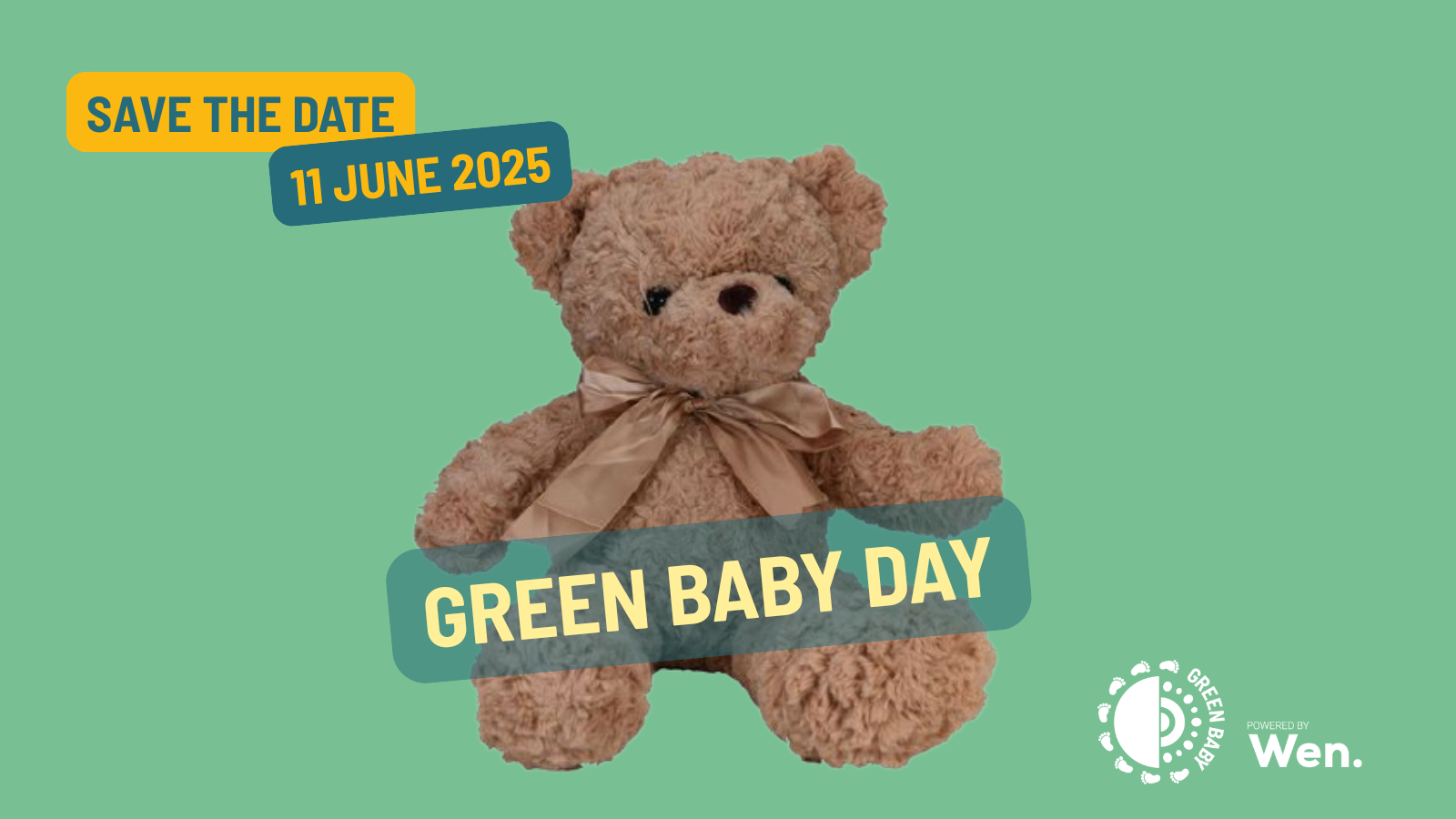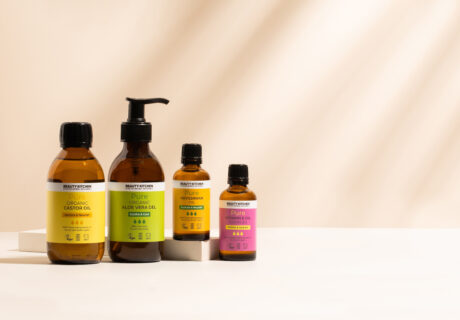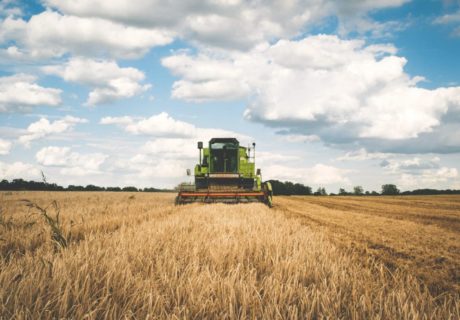Today marks Green Baby Day 2025, a national day of action led by Wen (Women’s Environmental Network) to demand a sustainable, toxic-free future for babies, children, and their families. Under the campaign banner #SafeToysNow, Wen is drawing urgent attention to the hidden health hazards lurking in everyday toys.
This year’s campaign focuses on the alarming presence of harmful chemicals in toys – particularly plastic toys sold through online marketplaces. Despite their crucial role in learning and play, many toys contain substances that could pose serious risks to children’s health, especially in their early, most vulnerable years.
The hidden dangers in the toy box
The average child in the UK owns 238 toys, but many parents are unaware that some of these may expose children to toxic chemicals. Dangerous substances such as phthalates, Bisphenol A (BPA), lead, cadmium, flame retardants, and formaldehyde are found in numerous imported or second-hand plastic toys. These chemicals have been linked to hormone disruption, developmental issues, neurological disorders, respiratory problems, and even cancer.
“We now understand just how much early environmental exposures affect long-term health – from fertility to cancer risk,” says Dr Karen Joash, Consultant Obstetrician and supporter of the campaign.
“These chemicals don’t belong in our children’s lives, and yet families are unknowingly bringing them into their homes through toys they assume are safe.”
Why UK children are at risk
While the EU has taken a bold step by introducing new Toy Safety Regulations banning endocrine-disrupting chemicals (EDCs), PFAS (“forever chemicals”), and Bisphenols, the UK’s regulations remain outdated, failing to match these vital protections.
With 80% of the UK’s toy market made up of cheap plastic toys, many of them imported and sold online, parents face a minefield when trying to determine which products are truly safe. Online marketplaces continue to offer toys with minimal oversight, and older toys – especially second-hand plastics – can contain substances long banned under modern safety standards.
A matter of environmental justice
Wen highlights that the impact of toxic toys is not felt equally. Families already facing structural inequalities – those living near polluting industries, or with limited access to safer alternatives – are more likely to be exposed to harmful products. This makes toy safety an issue not just of public health, but of environmental justice.
“Every child has the right to a safe and healthy start in life. That shouldn’t depend on how much a toy costs or where a baby is born,” says Ivie Itoje, Green Baby Day Campaign Manager at Wen.
“It’s time for the UK to catch up with international standards, close dangerous loopholes, and protect the next generation from toxic exposure.”
What Wen is calling for
Through its Green Baby campaign, Wen is urging the UK Government to:
• Ban PFAS, EDCs and Bisphenols in children’s toys, in line with the EU’s new Toy Safety Regulation
• Enforce stronger regulation of online third-party toy sellers
• Improve labelling and safety information to empower parents and carers
• Put environmental justice at the heart of chemicals policy
What parents and carers can do
This Green Baby Day, families are encouraged to take simple steps to protect their children:
• Look for trusted safety certifications like Oeko-Tex, GOTS, UKCA, FSC-certified wood, and food-grade silicone
• Read Wen’s Playing Safe briefing
• Support the campaign by urging the UK Government to align with the EU’s new toy safety laws
• Share information with friends, family, and local communities
• Sign up for Wen’s newsletter for the latest updates and actions
For more information and to take action, visit: wen.org.uk/greenbaby





